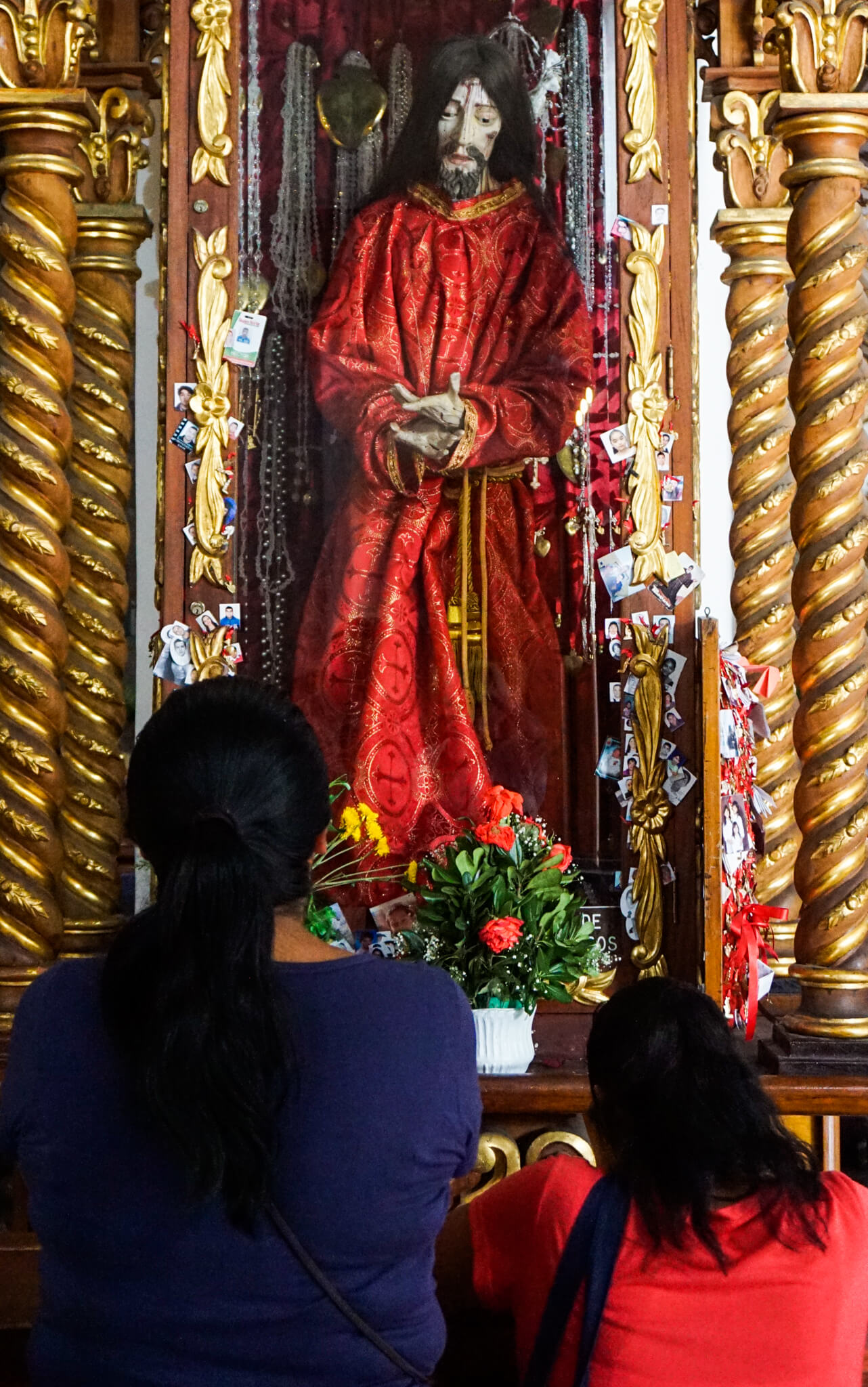
In a culture where people are accustomed to putting their best foot forward, it can be daunting to publicly admit mistakes, faults and sins. The world can seem pretty cruel and vicious to those who show moral, professional or natural weakness.
Indeed the animal kingdom is full of examples of animals hunting the weak in order to survive. Nature, it appears, has a built-in mechanism encouraging us to thrive for survival and endurance.
A similar dynamic appears in social interactions. Whether at home, work or in public, our behavior can quickly turn toward this instinct of survival and personal strength. Failure to tap into our grit or power can have devastating consequences, so we do all we can to protect ourselves.
While our natural gifts and personal strengths have a place in our lives, we also know that if left unrestrained, our natural reactions may lead to other disasters. Unfortunately, unrestrained actions on the part of individuals or groups are not sporadic. More and more, we hear of an increase in domestic violence in homes, fearmongering in neighborhoods and an array of destructive attitudes and behaviors driven by xenophobic and egocentric biases.
Faced with this predicament in our society, it’s easy to grow weary, skeptical or even cynical about our common human condition. In addition, it doesn’t take much to grow prideful and point the finger at others for all the wrong we experience. In fact, it’s from our disordered pride or hubris that we can proclaim how others cheat, steal and create problems for us all. Seldom do we see ourselves holding malicious attitudes and exhibiting vicious behaviors.
Like the religious person who prays to God from a place of pride, we convince ourselves that we are better than the person next to us is. “God I thank you that I am not like the other people: thieves, rogues, adulterers, or even like this tax collector. I fast twice a week; I give a tenth of all my income” (Luke 18:11-12).
It’s amazing how this brief story of prayer, fasting and almsgiving signals the need for us to re-examine ourselves more carefully. In our liturgical calendar and faith journey, we find ourselves invited once again to enter our Lenten journey of sacrifice and conversion. For 40 days, we are encouraged to be intentional in our prayers, fasting and almsgiving as ways to enter more fully into God’s will for us.
Our Lenten journey begins with a visible and public acknowledgement of our weakness and need of grace. We mark our foreheads with ashes, figuring the cross, giving public witness to others that our efforts alone will not suffice in our commitment to walk in God’s ways. With the mark of ashes on our forehead and with the resolve in our hearts to seek the path of conversion, then, we grow closer to our “mea culpa” — our recognition of sin and need of grace.
And, though tempted to resort to our own cunning efforts and power these 40 days of Lent, we trust and believe that our almsgiving, fasting and prayer will deepen confidence before the Lord: “God be merciful to me, a sinner” (Luke 18: 13).
F. Javier Orozco
First published March 5, 2020 in the St. Louis Review
